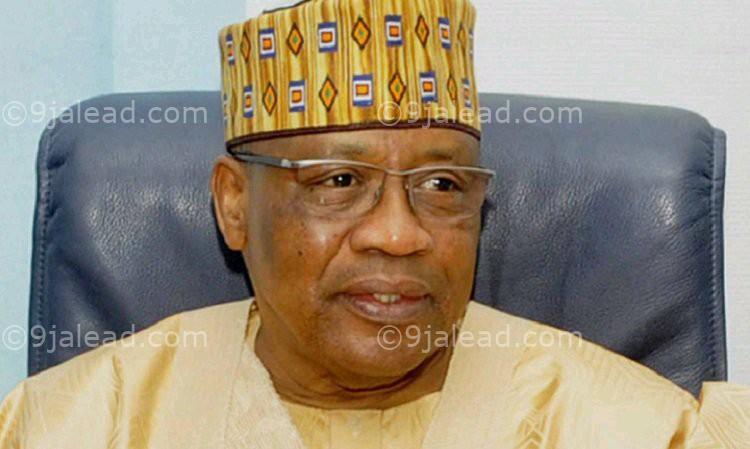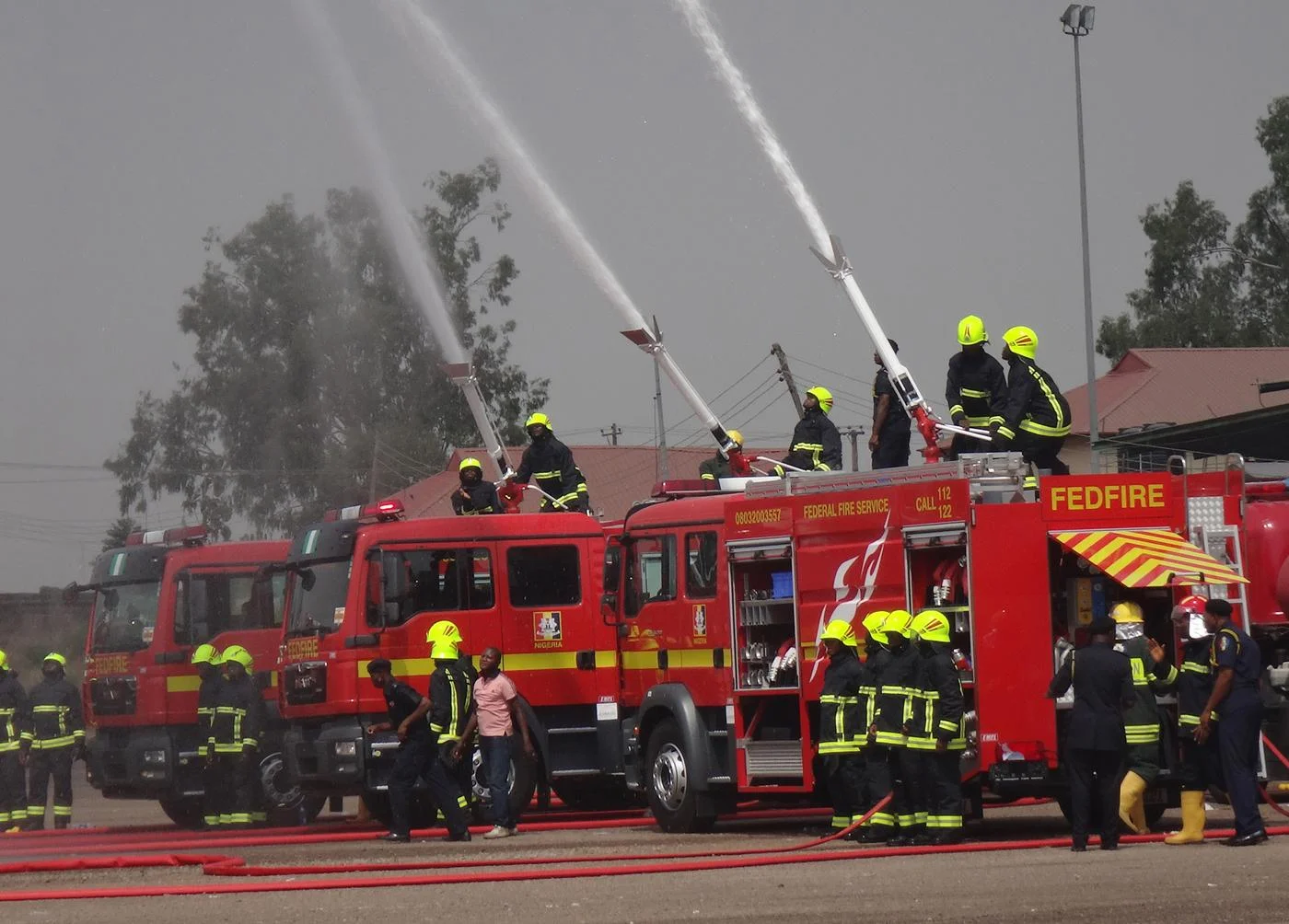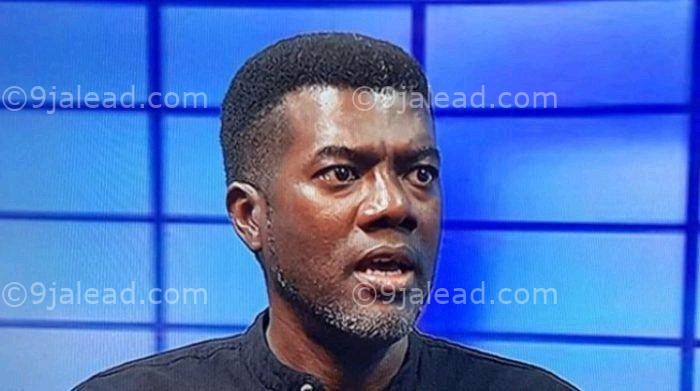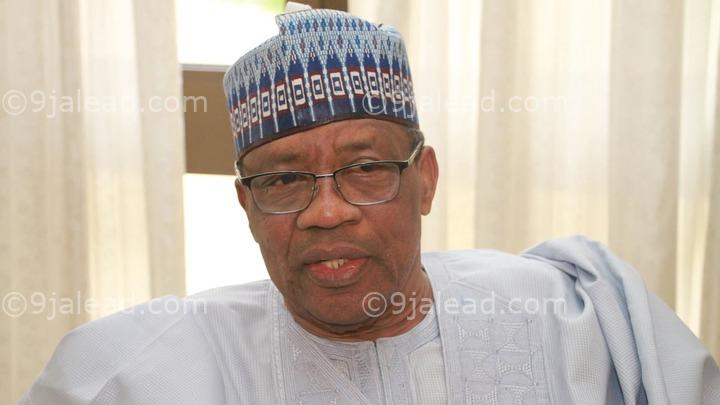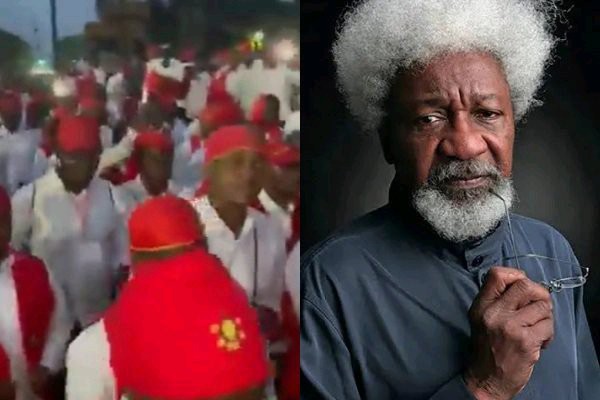Former military leader, General Ibrahim Badamasi Babangida (IBB), has made a historic revelation, exonerating the Igbo ethnic group from blame for the 1966 coup that toppled Prime Minister Tafawa Balewa’s civilian government, nearly 59 years after the event…..KINDLY READ THE FULL STORY HERE▶...CLICK HERE TO CONTINUE READING.>>
The coup, which resulted in the deaths of prominent leaders such as then-Premier of the Northern Region, Alhaji Ahmadu Bello, and then-Premier of the Western Region, Chief Ladoke Akintola, as well as several high-ranking Northern military officers, was long perceived as Igbo-driven. This assumption was fueled by the survival of then-Head of State, Major General Aguiyi Ironsi, and other key Igbo politicians and military officers, alongside the fact that most of the coup’s masterminds were Igbo.
Thank you for reading this post, don't forget to subscribe!However, in his book A Journey In Service, IBB challenges this narrative, asserting that the coup was not ethnically motivated. He highlighted the crucial role played by Major John Obienu, an Igbo officer, in suppressing the coup, and pointed out that numerous senior Igbo officers were also killed during the uprising.
The book further reveals that the coup had broader ethnic participation, including significant involvement from Yoruba officers. Babangida also disclosed that the coup plotters’ initial objective was to free political leader Obafemi Awolowo from detention and install him as Nigeria’s president.
Excerpts from the book state:
“The coup was a devastating moment for the Nigerian military. As I have stated elsewhere, the original intent of the plotters was likely not driven by ethnic sentiments. For instance, Major Kaduna Nzeogwu, the leader of the coup, was Igbo only by name. Born and raised in Kaduna, he spoke fluent Hausa and was as culturally Hausa as any native. He and his team, even if naively, believed they could change the country for the better.”
IBB, however, condemned the assassination of Sir Ahmadu Bello and his wife, Hafsatu, describing it as an act of brutal callousness. He explained that as the coup progressed, it was infiltrated by external forces, which ultimately gave it an ethnic undertone. The absence of coup-related activities in the Eastern Region further intensified this perception.







